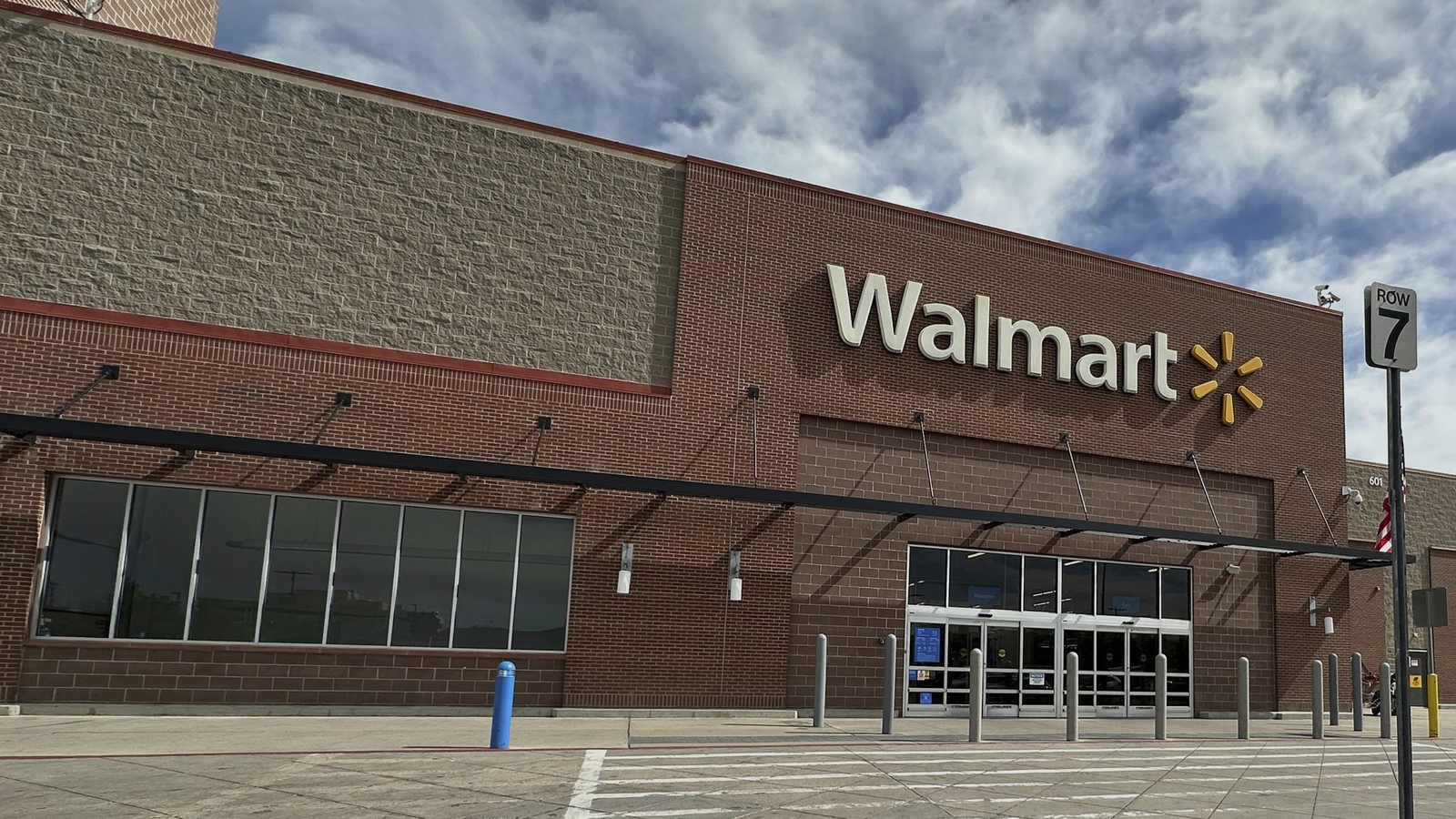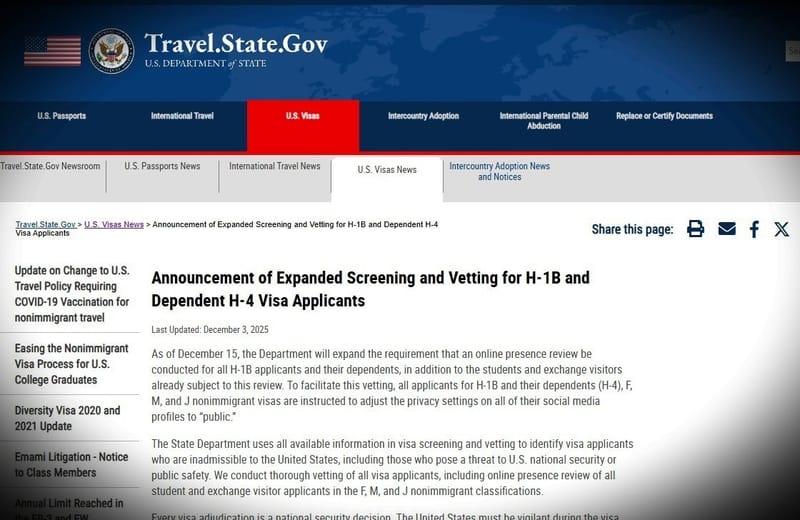Walmart Halts H-1B Job Offers Following Proposed $100,000 Visa Fee Hike
This significant policy shift from a major employer like Walmart signals severe challenges for H-1B visa applicants and necessitates a re-evaluation of talent acquisition strategies for companies relying on skilled foreign workers.
Subscribe to our newsletter and stay informed about latest H1B news, policy updates and and other developments.
Article Summary
Walmart, the largest private-sector employer in the U.S., has paused job offers to foreign candidates requiring H-1B visas. This decision follows President Trump's announcement of a proposed $100,000 fee for these high-skilled visas, which the administration claims is intended to curb program abuse. Walmart currently employs over 2,000 H-1B visa holders and stated its commitment to talent acquisition while being thoughtful about its H-1B approach.
Original Article: abc7.com
[ Sentiment: negative | Tone: factual ]
This summary and analysis were generated by TheNewsPublisher's editorial AI. This content is for informational purposes only; it does not constitute legal or immigration advice.
[ Sentiment: negative | Tone: factual ]
This summary and analysis were generated by TheNewsPublisher's editorial AI. This content is for informational purposes only; it does not constitute legal or immigration advice.
TNP AI: Key Insights
This move by Walmart is a clear demonstration of how proposed policy changes, particularly a drastic increase in visa fees, can immediately alter corporate hiring practices. The potential $100,000 H-1B fee is an astronomical increase compared to current H-1B filing fees, which typically range from a few thousand dollars up to approximately $11,000 for certain employers, making the program economically unviable for many companies.
For tech companies and other industries heavily reliant on specialized foreign talent, this could lead to a significant talent crunch, potentially hindering innovation and growth. H-1B visa holders, predominantly from India, will face substantially fewer job opportunities in the U.S. market, creating immense career uncertainty. This decision by Walmart could set a precedent, prompting other major corporations to reassess or reduce their reliance on the H-1B program, and the legality of such a high administrative fee is likely to face considerable legal challenges.





